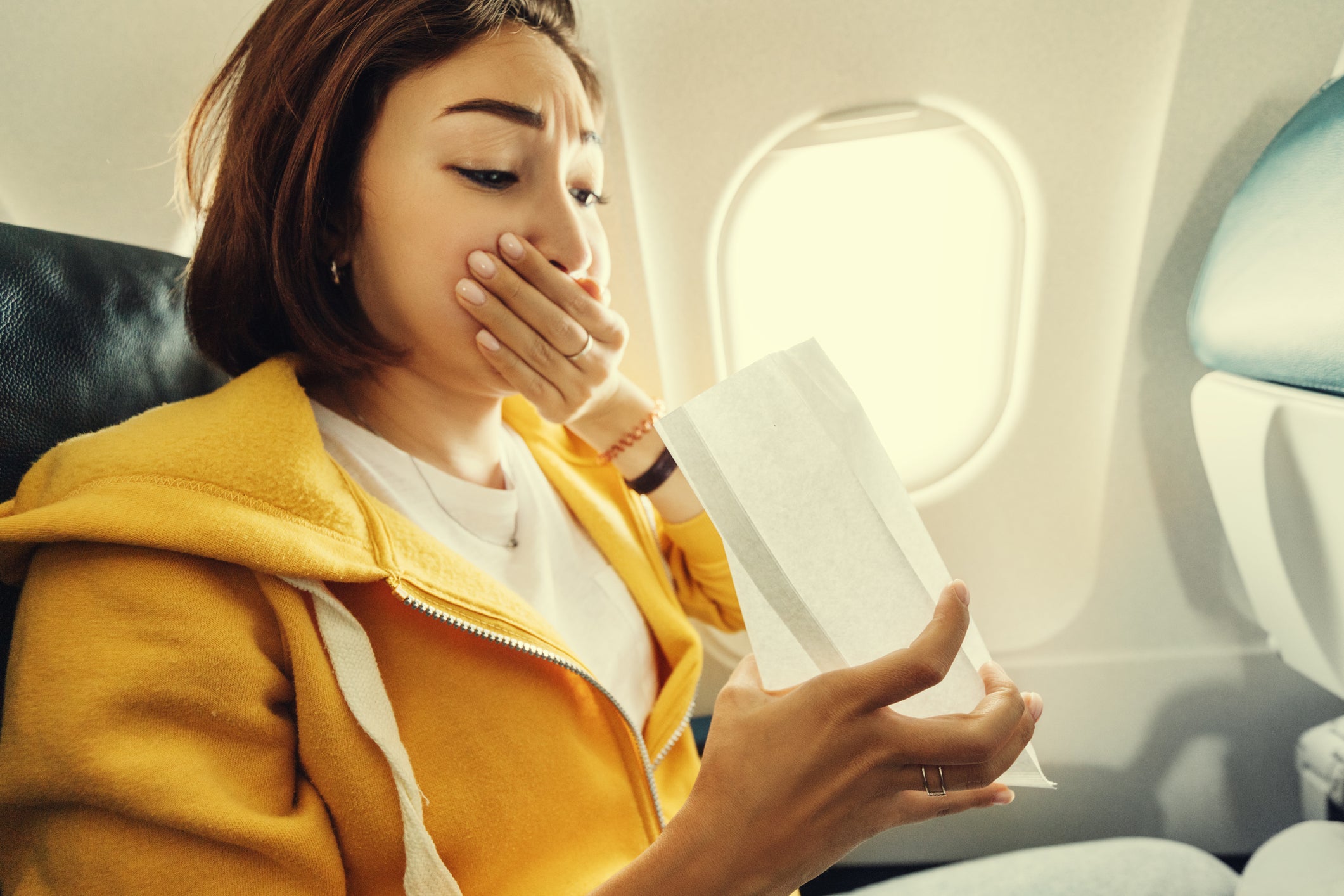Motion sickness is incredibly common, with about one in three people considered highly susceptible to the disorienting condition brought on by driving, boats rocking, airplane turbulence, and other kinds of movement.
Now, researchers say they’ve found a quick fix that can help people to recover from related dizziness, nausea, vomiting, and more than a dozen other symptoms more effectively.
“Individuals experiencing motion sickness symptoms during travel can listen to cheerful or gentle music to achieve relief,” Dr Qizong Yue, of China’s Southwest University, said in a statement.
Listening to joyful music for one full minute after driving alleviated the symptoms of carsickness more than other types of music, reducing reported effects by 57.3 percent in a study of 40 participants.
Playing soft music also made a positive impact, reducing motion sickness symptoms by 56.7 percent.
Listening to sad songs was a bust, turning out to be slightly less effective than doing nothing at all. People who rested quietly reported a reduction of carsickness symptoms by 43.3 percent, while those who listened to somber songs saw only a 40 percent reduction.
Soft music could be relaxing and happy music was distracting – but sad music increases negative emotions and overall discomfort, the researchers theorized.
The findings may be related to how our brains work, the researchers said.
Using a driving simulator, the researchers induced car sickness in participants divided into six groups – four that listened to music, one without music, and another that had the simulator stopped when they reported feeling slightly carsick. The participants all reported their level of carsickness to the researchers, including any other symptoms such as pale skin, sweating, headache, and drowsiness.
The participants wore caps that tracked electrical activity in their brains. Data from the caps showed changes to brain activity in the occipital lobe when they reported feeling carsick. The occipital lobe is located at the back of the head and processes what our eyes see.

When participants said they felt quite sick, the caps showed less activity in the region. The more people felt better, the more occipital activity returned to normal levels.
More research is needed with a larger group of participants to confirm the study’s results. However, the researchers noted that their findings likely also extend to motion sickness during air or sea travel.
Going forward, they also want to examine how personal music taste could be a factor.
Treatment with music could be an easy solution to a frustrating problem for travelers around the world – including people with migraines, women, and children, who are disproportionately affected for reasons that are not yet fully understood.
“Music represents a non-invasive, low-cost, and personalized intervention strategy,” Yue said.


